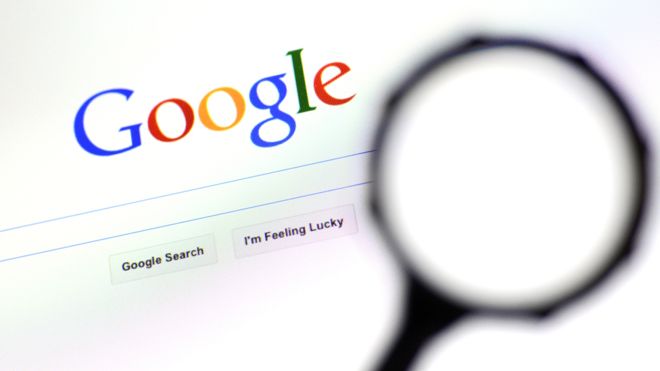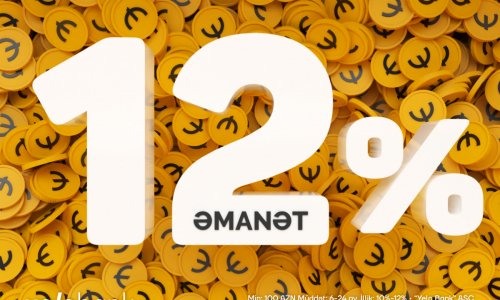There is a word that you never heard anyone use 20 years ago. But today, according to research from Lancaster University, which examined millions of words of casual conversation, it crops up more frequently than "clever", "eggs", "fridge", or "death". That word is Google.
of words of casual conversation, it crops up more frequently than "clever", "eggs", "fridge", or "death". That word is Google.
 of words of casual conversation, it crops up more frequently than "clever", "eggs", "fridge", or "death". That word is Google.
of words of casual conversation, it crops up more frequently than "clever", "eggs", "fridge", or "death". That word is Google.To search is to Google, to Google is to search.
"Google is considered to be a synonym for search," says DANNY SULLIVAN of searchengineland.com. "People talk about Googling things - it has become that dominant, both in usage and in the mindshare [the measure of consumer awareness]."
of searchengineland.com. "People talk about Googling things - it has become that dominant, both in usage and in the mindshare [the measure of consumer awareness]."
 of searchengineland.com. "People talk about Googling things - it has become that dominant, both in usage and in the mindshare [the measure of consumer awareness]."
of searchengineland.com. "People talk about Googling things - it has become that dominant, both in usage and in the mindshare [the measure of consumer awareness]."With more than 90% of the market in much of the world, Google's dominance in the vital and lucrative business of searching the internet is clear. But does its mysterious and ever-changing search algorithm have too much power? Does this one force exert excessive influence over the information we all access, the success or failure of businesses, the reputation of individuals and even which political ideas triumph?
That is what we have been exploring in a programme for Radio 4. In the course of making the programme one tool proved invaluable - a Google search. So let's look at the power of Google via six searches.
How does Google search work?
The first result here is a Google infographic which takes us on a journey through crawling and indexing the web to algorithms "which understand what you mean" to the ranking of pages - without really giving away any secrets. So let's turn to Ben Gomes. High up in the results for his name is an article describing him as Google's "guru of search".
He says the challenge is to understand what is going on in the searcher's mind. "The perfect search is giving you what you were looking for. Not just the words you typed - but what you were actually looking for."
This quest for what Google thinks is the perfect search means constant tweaking of the algorithm - as many as a thousand changes a year - and an ongoing battle with those trying to "game" it. And every time there is a major change, there are victims.
Find out more
Rory Cellan-Jones presents The Force of Google on BBC Radio 4 at 20:00 BST on Tuesday 26 April. You can catch up via BBC iPlayer Radio.
Trout flies
This search produced one ad, some images, and a list of angling suppliers . Ninth in the list - but still on the first page - was a link to the Essential Fly. That will be a relief to the business's owner Andy Kitchener, who is still scarred by what happened when Google made big changes in its algorithm in 2013.
. Ninth in the list - but still on the first page - was a link to the Essential Fly. That will be a relief to the business's owner Andy Kitchener, who is still scarred by what happened when Google made big changes in its algorithm in 2013.
 . Ninth in the list - but still on the first page - was a link to the Essential Fly. That will be a relief to the business's owner Andy Kitchener, who is still scarred by what happened when Google made big changes in its algorithm in 2013.
. Ninth in the list - but still on the first page - was a link to the Essential Fly. That will be a relief to the business's owner Andy Kitchener, who is still scarred by what happened when Google made big changes in its algorithm in 2013.Suddenly new business melted away when search terms like "trout flies" no longer put his business anywhere near the front page.
Since then other changes have made the Essential Fly more prominent again. From the search firm's point of view it is just aiming to make things work better for users, often rooting out spammy links designed to push pages artificially higher.
But Kitchener is still angry about the power of Google: "It's horrifying - it's like having someone in your business that you don't know , that will make their own demands and change the rules in an instant. It's just a rollercoaster."
Hotels Tallinn
Tallinn
 Tallinn
TallinnThere are questions over whether the simplicity and purity of a search process - which used to give you what Google called "ten blue links" - has been diluted.
Search for something like hotels Tallinn" and what you will find is some paid ads at the top, then a map with a box showing some links. If you're searching on a phone that's all you'll see at first - you have to scroll down to find what Google calls "organic" results.
Tallinn" and what you will find is some paid ads at the top, then a map with a box showing some links. If you're searching on a phone that's all you'll see at first - you have to scroll down to find what Google calls "organic" results.
 Tallinn" and what you will find is some paid ads at the top, then a map with a box showing some links. If you're searching on a phone that's all you'll see at first - you have to scroll down to find what Google calls "organic" results.
Tallinn" and what you will find is some paid ads at the top, then a map with a box showing some links. If you're searching on a phone that's all you'll see at first - you have to scroll down to find what Google calls "organic" results.Now, according to rivals Yelp and Tripadvisor, which have complained about this practice, that map at the top is peopled by restaurants or hotels reviewed on Google+ rather than their more popular review services.
on Google+ rather than their more popular review services.
 on Google+ rather than their more popular review services.
on Google+ rather than their more popular review services.Yelp's Vice President of Public Policy Luther Lowe says this is an example of Google abusing its power. "The problem arises when you leverage your dominance in one business area and begin using that unfairly to go into adjacent business areas."
Google's Ben Gomes replies that, once again, it's all about the user. "What we're trying to return to you is the answer to what you're looking for. You're looking for restaurants, we're giving you restaurants." But European regulators seem sceptical - they are investigating this and other areas where Google stands accused of abusing its dominance in search.
Can Google affect the result of an election
But is there a risk that its market dominance and the sheer power of the Google algorithm could even determine who rules us?
Any search around this topic will throw up articles quoting Dr Robert Epstein, a psychologist at the American Institute for Behavioural Research. He says his research showed that where candidates or parties appeared in search results it could influence elections. "It will shift the opinions of undecided people so dramatically that just being higher in search rankings can win someone an election."
(BBC)
www.ann.az
Follow us !











